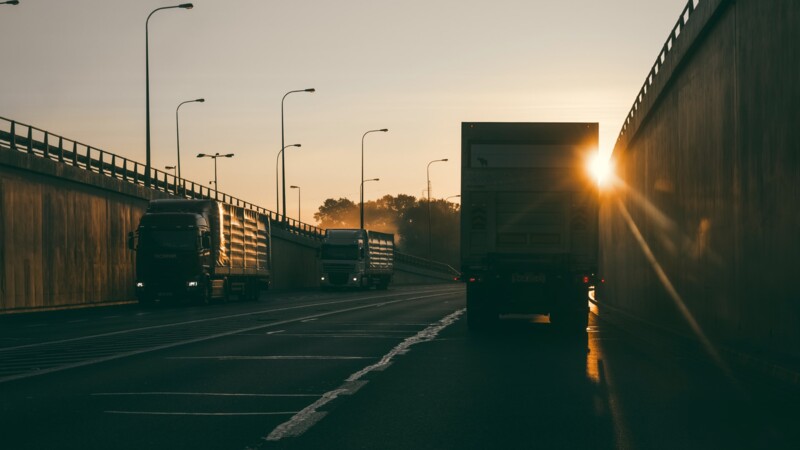The Lower Saxony Ministry of Transport provided more than EUR 85 million in funds while the German government put EUR 8.4 million towards the purchase of the trains and EUR 4.3 million towards the costs of a hydrogen filling station in Bremervörde as part of the National Hydrogen and Fuel Cell Technology Innovation scheme.
Five hydrogen trains began shuttling between Cuxhaven, Bremervörde and Buxtehude in late summer without polluting the air in a world premiere. Around 14 trains are set to replace 15 diesel trains by late 2022 and will emit water instead of diesel vapor. The hydrogens trains, purchased by the Landesnahverkehrsgesellschaft Niedersachsen mbH, and the operator Eisenbahnen und Verkehrsbetriebe Elbe-Weser (EVB) from Alstom, are expected to gradually help decarbonise transport. Now, other regions have expressed interest in the hydrogen trains, which may yet drive the transition of transport in the Elbe-Weser triangle.
Funding from German government and state
Range of over 1,000 kilometres
"We are proud to be the world's first operator of hydrogen trains in scheduled passenger transport," said Christoph Grimm, Managing Director of EVB. The company is operating the Coradia iLint train manufactured by the French rail transporter Alstom in Salzgitter on the railways. Electric instead of diesel engines power the 54-metre long railway carriages with 155 seats each to a top speed of up to 140 kilometres per hour. Fuel cells on the roof of the train convert hydrogen into electricity. The gas reacts with the oxygen in the air and only water vapor is produced as exhaust fumes. Consumption ranges from 200 to 300 grams of hydrogen per kilometre.
Under high pressure of 350 bar, enough hydrogen for more than 1,000 kilometres can be stored in the tanks on the roof. Engineers at Alstom tested this long range in mid-September when a train used in the Elbe-Weser triangle covered a record 1,175 kilometres between Bremervörde and Munich on only one hydrogen tank filling. "This journey has proven that our hydrogen trains have all the prerequisites to replace diesel vehicles," said Henri Poupart-Lafarge, CEO of Alstom.
Hydrogen filling station in Bremervörde
The environment-friendly switch from diesel to hydrogen requires new infrastructure on non-electrified railway lines. To this end, a first, unique hydrogen filling station for regular trains was built in Bremervörde in co-operation with the Linde gas company. The filling station consists of 64 500-bar high-pressure storage tanks with a total capacity of 1,800 kilogrammes of hydrogen. Six compressor and two fuel pumps complete the system. One kilogramme of hydrogen replaces about 4.5 litres of diesel.
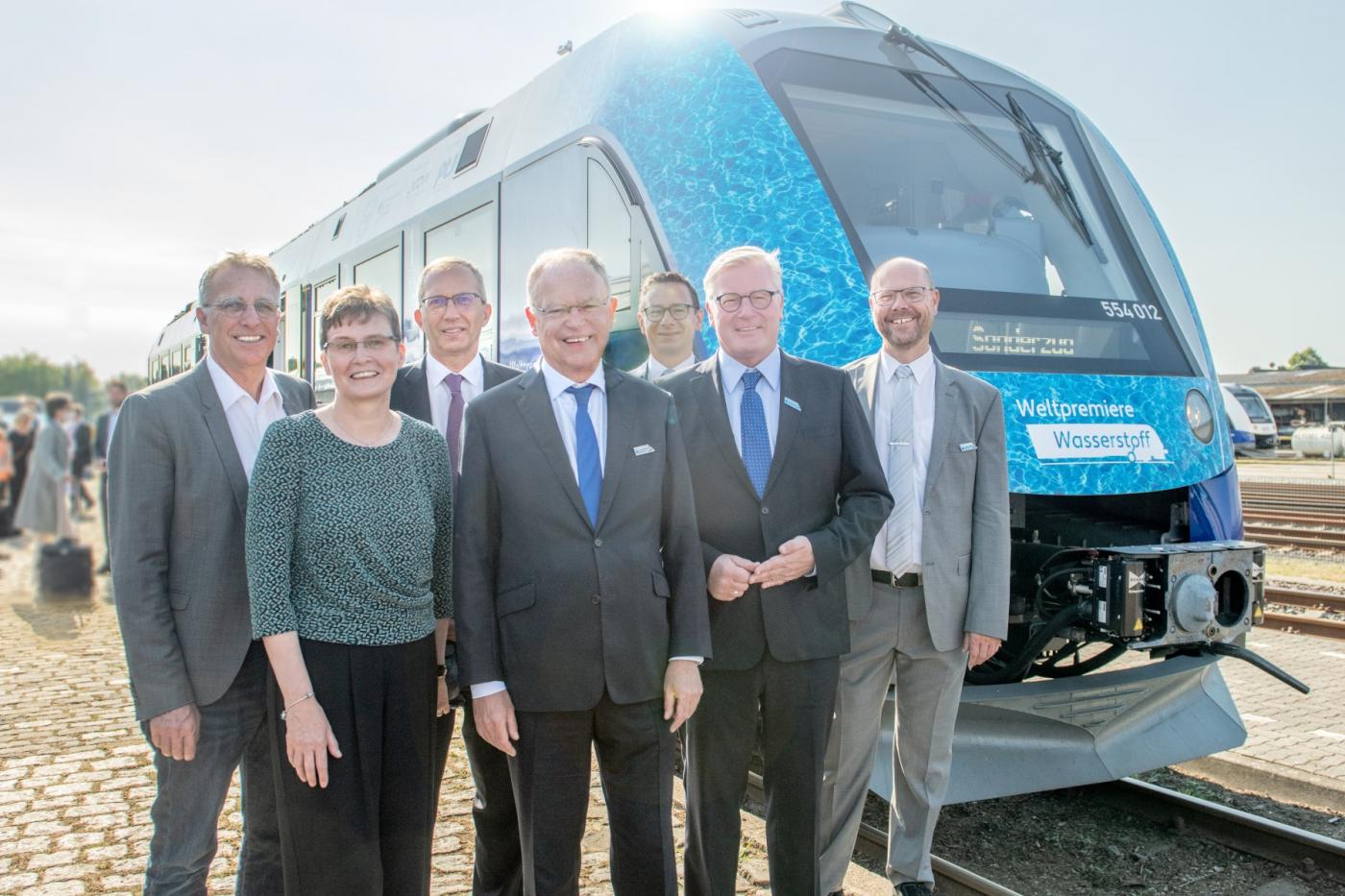
Conventionally produced hydrogen, which is largely obtained from natural gas, is stored and refuelled there. Plans are now being laid to produce green hydrogen on site using electrolysis from wind and solar power in future. Then the regional trains would operate in a totally climate-neutral manner. "We are delighted to see the world's first refuelling station for trains in operation here and thus open up a new mobility sector," said Dr Mathias Kranz, Linde Managing Director Onsite and Bulk Business in Germany.
Model for international companies
Commuters in the Elbe-Weser triangle will probable not be the only ones using hydrogen trains for too long. Alstom has already been commissioned to supply 27 Coradia iLint trains for use in the Frankfurt am Main region. Italy is also planning to operate up to 14 hydrogen trains in Lombardy soon as international interest grows.
jol/nj/sb/pb
Sources and further information
More
Similar articles
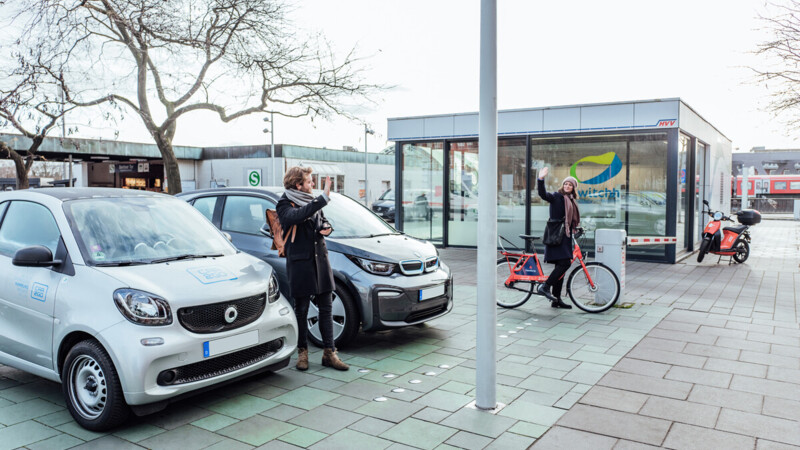
City of Hamburg, Hochbahn announce plans for expanded e-mobility
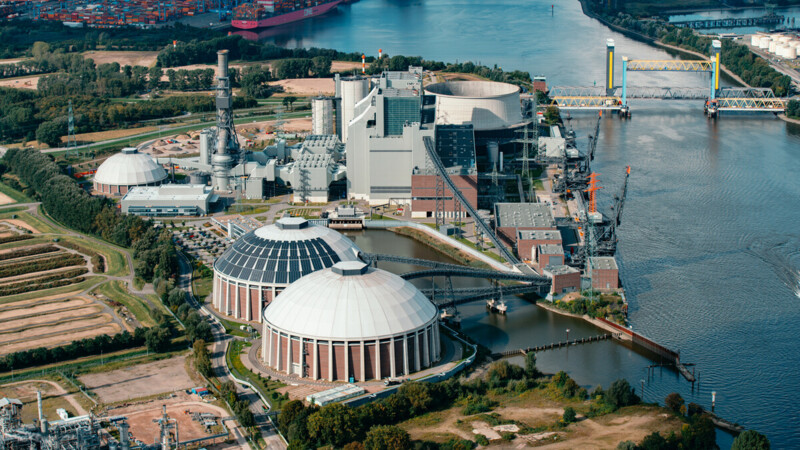
Hamburg signs hydrogen agreement with Canadian province
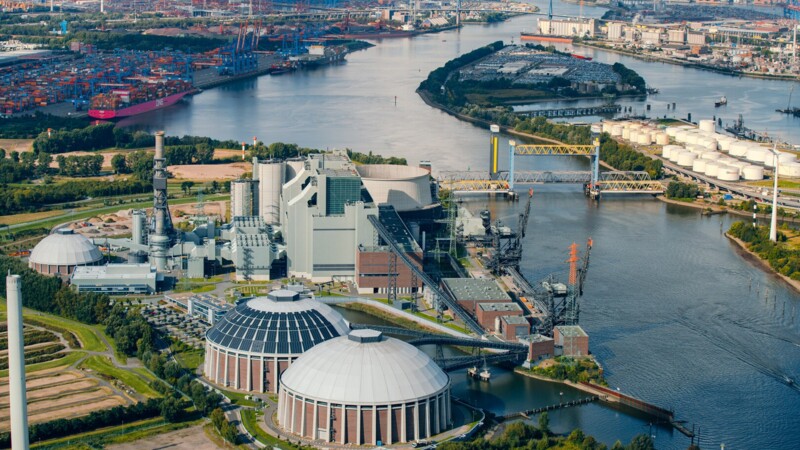
Moorburg power plant could produce large amounts of green hydrogen
